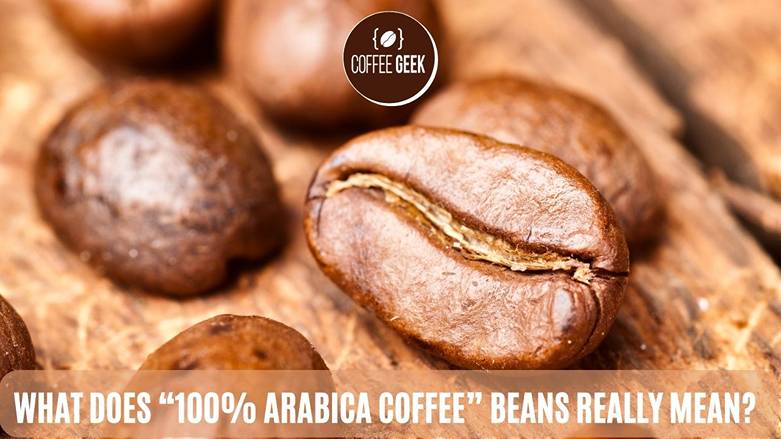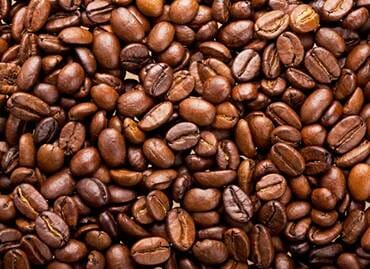If you drink coffee at home, have stopped by a cafe, or have so much as passed a bag of coffee for sale at your local supermarket or bodega, you’re familiar with the label, “100% Arabica Coffee.”
The claim is everywhere coffee is, and it’s so commonplace in society that you’d be forgiven for wondering, “is any coffee not 100% arabica?”
The answer to that would be “yes.”
You can in fact buy coffee—whether as whole roasted coffee beans, pre ground coffee or instant coffee—that is not and would never claim to be arabica bean coffee.
- What Does 100% Arabica Coffee Mean?
- So What Is Arabica Coffee, Really?
- Are Arabica Coffee Beans Superior to Robusta Coffee Beans?
- Arabica Coffee vs. Coffee Robusta: The Big Differences (Coffee Taste, Caffeine, Coffee Grown)
- Where Does Coffea Arabica Come From – Ethiopia?
- To Summarize: What Arabica Coffee Really Means For You
What Does 100% Arabica Coffee Mean?
Plain and simple, it’s the species of coffee beans.
Arabica coffee beans are of the Coffea arabica species.
Why Does Arabica Coffee Matter?
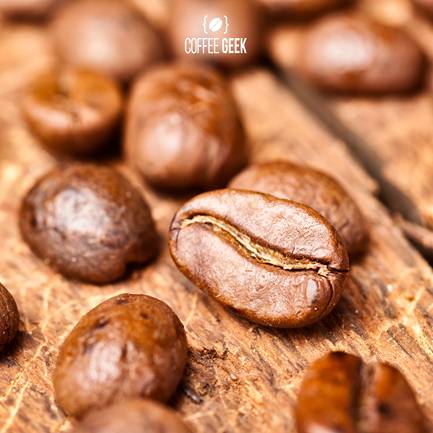
There are a few reasons why coffee producers are so boastful about the arabica beans they choose to package and sell, which we’ll break down as we go.
But to understand why the coffee industry is so obsessed with quality arabica coffees, we need to take a quick dive back to the beginning.
A Quick Backstory on Coffee Beans
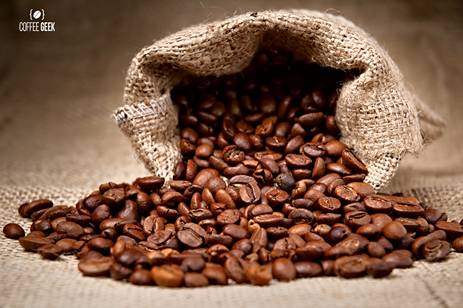
Coffee is an enormous global industry—with every country on the planet consuming and either exporting or importing massive quantities of coffee beans every year.
It’s become a highly commercialized specialty of agriculture, and the economics behind coffee production, logistics and sales have had a major influence on the growth and evolution of coffee plants and the coffee beans they grow.
This is so much the case that despite there being over 120 identified species of coffee plants in the known world, nearly all of the world’s coffee production is based on 2.
Arabica, Robusta, And a Hundred or Two of Their Friends
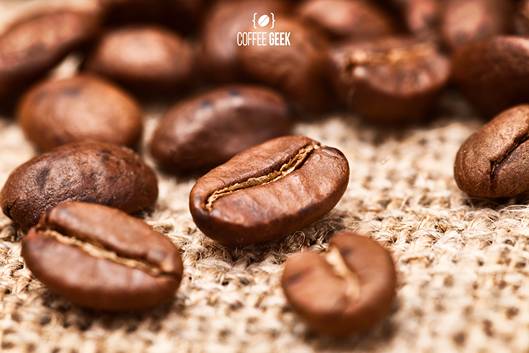
If arabica is the showy diva in the family, then its shy and modest older sibling would be robusta.
In terms of plant species, their full names are Coffea arabica and Coffea canephora, the latter of which is nicknamed robusta.
Over thousands of years of commercialized coffee production, humanity discovered (or more likely decided) that arabica coffee beans were the best, and we began favoring them to the point where they essentially became the standard.
As the industry has matured and saturated markets all across the world, however, robusta has made a little bit of a comeback, and now makes up around 30% of the world’s coffee production.
So What Is Arabica Coffee, Really?
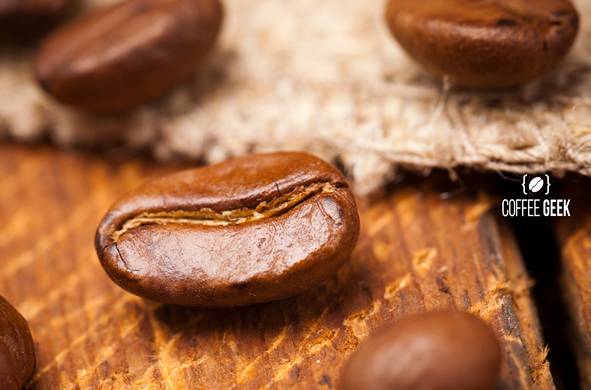
When you see those proud labels on packaged whole beans and ground coffee in stores and online, companies are telling you one simple thing: that all the coffee in that package is of the arabica coffee variety, and none of it is robusta.
That’s all.
Are Arabica Coffee Beans Superior to Robusta Coffee Beans?
This is actually a far less straightforward answer, and it largely depends on who you ask and what factors you consider most significant.
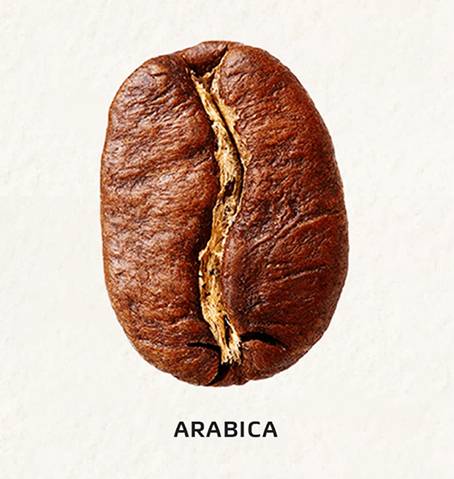
As coffee has become increasingly productized and the industry more competitive, producers and distributors have gone to great lengths to establish arabica coffee beans as not only better than robusta, but essentially the only high quality coffee worth buying.
Packaging and marketing everywhere have taught us to look for that 100% arabica label as a marker for trustworthy, higher quality coffee.
But is it true? In some ways it is—or at least it may be—but with all that money at stake backing the superiority of arabica over robusta, the picture has become clouded and skewed.
Let’s look at why:
Are Arabica Beans Easier to Grow?
Actually, no.
Considering how widely they’re favored and how integral they are to the massive coffee industry, one might assume that the stronger, easier, more adaptable coffee plant would be the one dominating the space.
But the robusta coffee plant is known to be roughly 100,000 years old compared to arabica’s relative youth at only 10,000 years in existence.
Robusta plants are capable of growing in a wider range of environmental and climate conditions, meaning that if the coffee industry had developed around robusta instead of arabica coffee beans, the [coffee belt] would be a lot wider.
Does Arabica Coffee Bean Produce Stronger Coffee?
Also no!
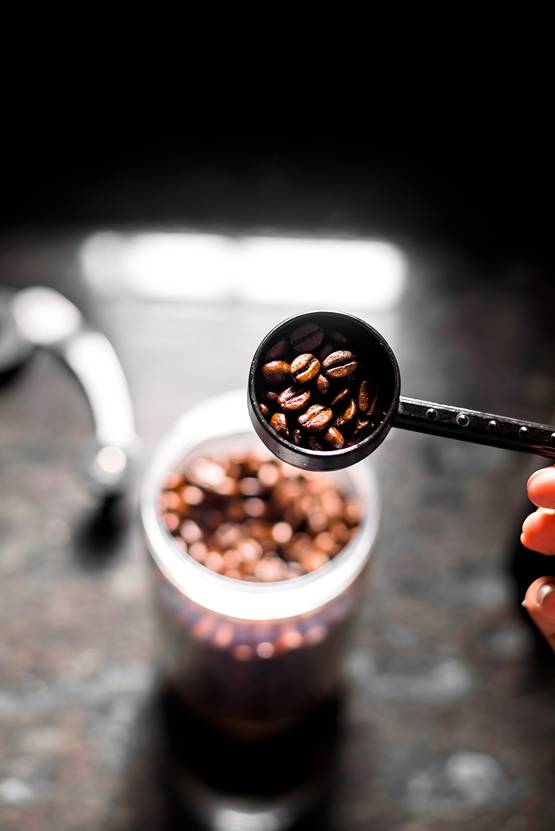
Robusta coffee beans have a higher caffeine content than their arabica counterparts.
They’re so much stronger in fact that manufacturers sometimes add robusta beans to the arabica blend to increase the overall caffeine levels of the batch.
Do Arabica Coffee Beans Produce Healthier Coffee?
This one is debatable. Overall, whether you’re drinking robusta coffee or coffee from arabica beans, you’ll reap many of the major benefits that are known to be associated with coffee.
There are several studies that suggest arabica coffee beans have certain advantages in the health category that robusta lacks or lags behind in.
For example, some research shows that arabica beans are higher in antioxidants like chlorogenic acids and certain essential nutrients like choline.
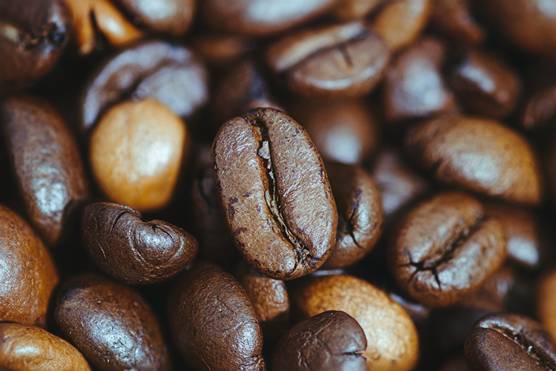
On the other hand it’s worth considering that an entire multibillion dollar per year industry is heavily invested in the perception that great coffee = arabica coffee, so it’s also possible that the robusta vs. arabica question as it applies to health benefits and other factors hasn’t yet been given an entirely fair comparison.
Is Arabica Coffee Higher Quality Coffee?
That’s definitely the conclusion sellers in the coffee market want you to make! And that’s exactly why you see that ‘100% Arabica’ label so loud and proud everywhere.
It is true that when you pay more for higher quality fresh coffee, you’re most likely going to be getting arabica coffee beans.
On the flip side, robusta coffee is commonly associated with cheaper coffees and instant coffee blends.
But whether that’s simply because arabica is better and robusta coffee is worse is a loaded question.
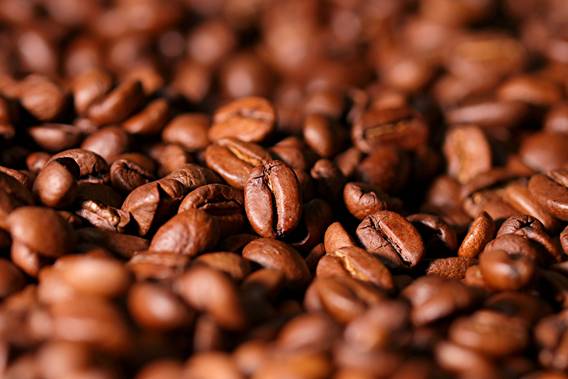
The main reason that robusta is associated with lower quality coffees is because it’s cheaper to produce thanks to its—well—robustness.
It’s more evolved, more resilient, more adaptable, and even yields more coffee fruit than its arabica counterpart.
This makes it the go-to choice for cheap coffee products and those sold in lower-income or emerging markets.
So despite the market perception that “if it’s not arabica, it’s not great coffee”, the truth is just that robusta coffee is really, really good at producing cheap, affordable coffee.
Arabica Coffee vs. Coffee Robusta: The Big Differences (Coffee Taste, Caffeine, Coffee Grown)
Aside from market perception, price, resilience and yield, the differences you’ll notice between the two species are worth noting.
Like we mentioned, robusta coffees naturally contain roughly twice the caffeine as their arabica counterparts.
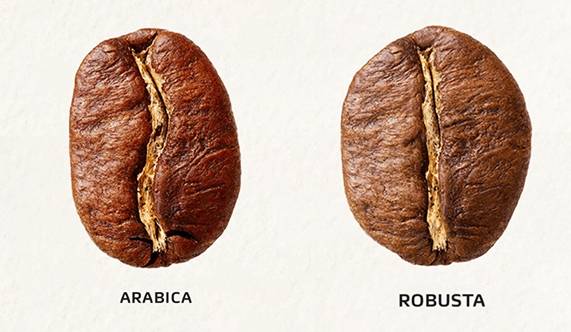
Arabica, while weaker in terms of caffeine, often produces a more medium body, low acidity brew with notes of dark chocolate and a lingering chocolate aftertaste.
There’s no denying that robusta is stronger both in caffeine and taste profile.
It’s also known to produce a stronger crema, making it well-suited for espresso and espresso-style blends.
Arabica coffee beans are better suited for light to medium roast coffees, while robusta is more often associated with very dark roasts.
Where Does Coffea Arabica Come From – Ethiopia?
The other key difference between robusta arabica is, of course, origin.
While robusta beans had been around for tens of thousands of years, evolving to grow in a wide range of climates and regions, arabica beans originated in Ethiopia before they were first brought to modern-day Yemen—then known as Arabia.
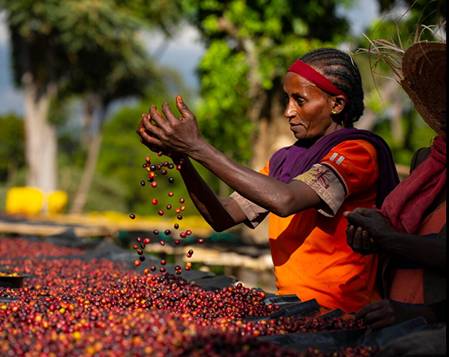
From there it was traded and eventually made its way to India, where it gained widespread notoriety and kicked off the way global coffee arabica phenomenon that dominates the coffee’s trade today.
To Summarize: What Arabica Coffee Really Means For You
The most important thing to understand and take away from this article is that the term ‘100% Arabica Coffee’ means very little on its own, other than the fact that all the coffee in that particular package is of the arabica variety and not robusta (or liberica for that matter, but that’s pick for another time).
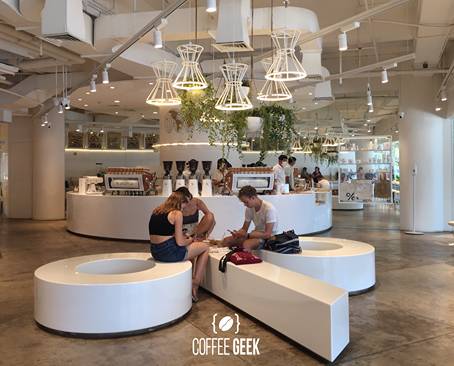
It does not guarantee quality, organic farming practices, ethical trading standards, or even that the coffee taste will be good.
Those factors all come down to individual strains, where they’re grown, how they’re cared for, and the companies that control the process.
Long time story short, 100% Arabica is quality, great if all you want is to know which kind of bean is technically in the bag.
But beyond that, it doesn’t amount to much, and we highly recommend learning about the brand, it’s practices, and the flavors you can expect in your cup before making a buying decision.

